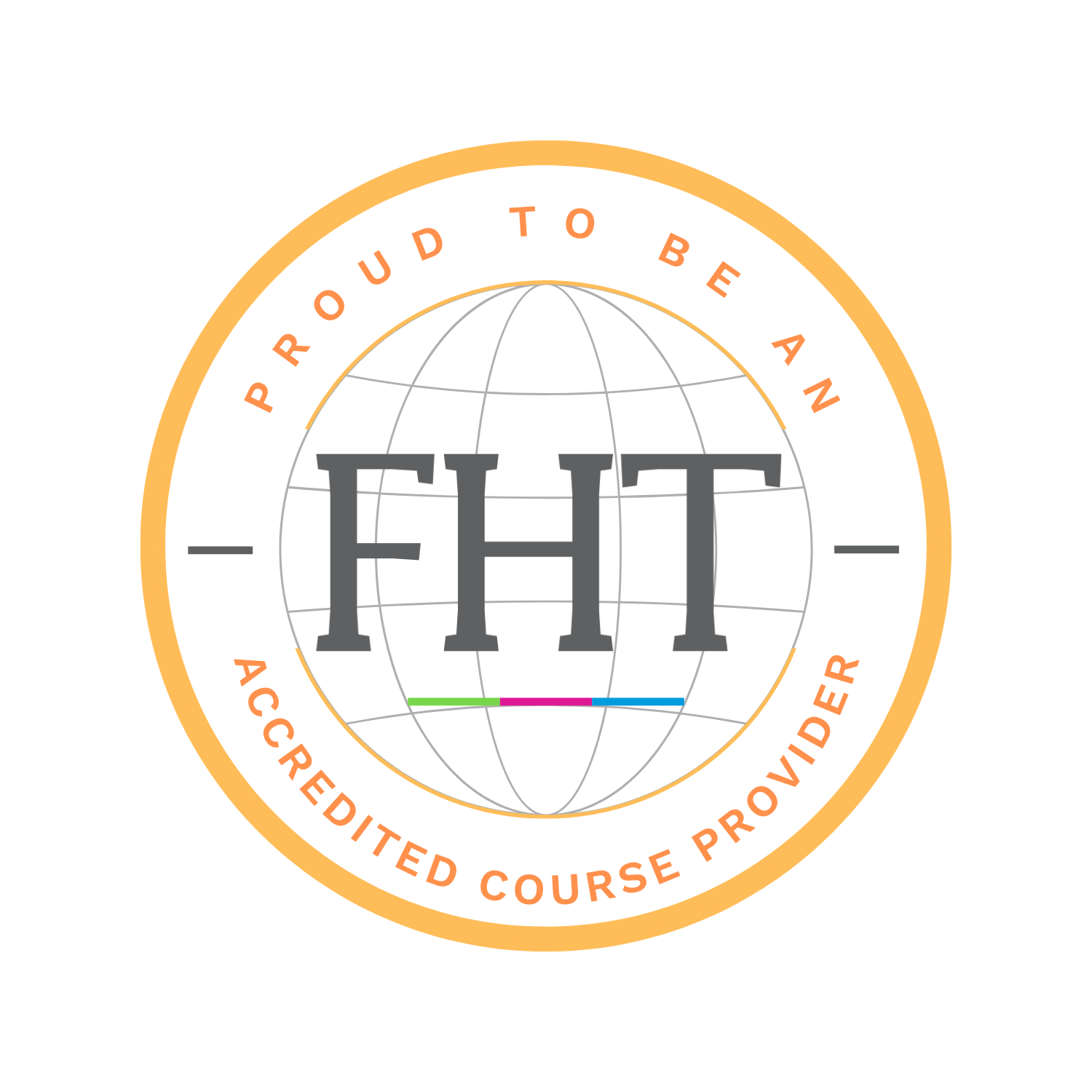Frequently asked questions
The Continuing Professional Development (CPD) requirements for nurses in the UK are set by the Nursing and Midwifery Council (NMC), the regulatory body for nursing and midwifery professions. CPD is an essential part of the revalidation process, which is mandatory for all registered nurses to maintain their registration with the NMC. Revalidation occurs every three years, and nurses must demonstrate their ongoing competence, development, and commitment to professional standards.
Key elements of the CPD requirements for nurses in the UK include:
- Participation in CPD Activities: Nurses are expected to engage in a range of CPD activities that are relevant to their practice and contribute to their professional development.
- CPD hours: Nurses must undertake 35 hours of continuing professional development (CPD) relevant to their scope of practice in the three year period since their registration was last renewed, or when they joined the register. Of those 35 hours of CPD, at least 20 must have included participatory learning.
- Reflective Practice: Reflective practice is a fundamental aspect of CPD. Nurses are encouraged to reflect on their experiences, learning, and challenges in the workplace, demonstrating how their practice has been influenced by their CPD activities.
- Personal Development Plan (PDP): Nurses are required to create and maintain a Personal Development Plan (PDP). The PDP outlines their learning needs, objectives, and plans for CPD activities, serving as a roadmap for their professional development.
- CPD Record Keeping: Nurses must maintain an accurate and up-to-date record of their CPD activities. This record includes details such as the nature of the activity, the number of hours spent, and a reflective commentary on the impact of the CPD on their practice.
- Peer Discussion and Feedback: Nurses are encouraged to engage in regular peer discussions about their CPD activities. This provides an opportunity to share insights, learn from others, and contribute to a culture of collaborative learning.
- Participation in Appropriate Learning Activities: CPD activities may include attending courses, workshops, conferences, e-learning, and other relevant learning opportunities that contribute to professional development.
- Updating Clinical Skills: Nurses should engage in activities that update and enhance their clinical skills, ensuring that they are practicing in line with current evidence-based standards.
- Relevant Training and Education: Participation in relevant training and education that aligns with the nurse's area of practice and professional responsibilities.
- Patient Feedback: Seeking and reflecting on patient feedback as part of the CPD process, demonstrating an awareness of patient perspectives and experiences.
- Applying Learning to Practice: Demonstrating how CPD activities have been applied to improve patient care, enhance service delivery, or contribute to the overall improvement of the healthcare environment.
It's important for nurses to be proactive in planning and participating in CPD activities that align with their practice and professional goals. Regularly reviewing the NMC's guidelines on revalidation and CPD ensures that nurses are meeting the expectations and standards set by the regulatory body.
For further information, please visit the NMC website.
CPD offers numerous advantages for nurses, contributing to their ongoing learning, skill development, and overall professional growth. Here are key advantages of CPD for nurses:
- Enhanced Clinical Competence: Engaging in CPD activities helps nurses stay current with evidence-based practices, new guidelines, and advancements in healthcare. This contributes to enhanced clinical competence, ensuring the delivery of safe and effective patient care.
- Improved Patient Outcomes: CPD enables nurses to apply the latest knowledge and skills in their practice, leading to improved patient outcomes and increased patient satisfaction.
- Adaptation to Changing Practices: Healthcare practices evolve, and CPD ensures that nurses can adapt to changes in protocols, technology, and patient care methodologies.
- Increased Confidence: Regular participation in CPD activities contributes to nurses' confidence in their abilities, reinforcing their role as knowledgeable and skilled healthcare professionals.
- Career Advancement: CPD can open doors to career advancement opportunities, such as specialisation in a particular area of nursing, leadership roles, or academic pursuits.
- Promotion of Reflective Practice: CPD encourages nurses to engage in reflective practice, allowing them to critically analyse their experiences, identify areas for improvement, and continuously refine their practice.
- Maintained Professional Licensure: CPD is often a requirement for maintaining professional licensure and registration. Fulfilling CPD obligations ensures that nurses remain in good standing with regulatory bodies.
- Staying Informed about Research: CPD activities may include staying informed about the latest research in nursing and related fields. This knowledge contributes to evidence-based practice and informed decision-making.
- Increased Job Satisfaction: CPD allows nurses to engage in continuous learning and professional development, leading to increased job satisfaction and a sense of personal fulfilment.
- Personal and Professional Development: CPD provides opportunities for nurses to enhance both their personal and professional development, fostering a sense of accomplishment and growth.
- Enhanced Leadership Skills: CPD activities that focus on leadership development contribute to nurses' ability to take on leadership roles within healthcare organisations.
In summary, CPD is integral to the ongoing development of nurses, ensuring that they provide the highest standard of care and stay abreast of the latest developments in nursing. The advantages of CPD extend beyond individual growth to positively impact patient care, professional standing, and the overall advancement of the nursing profession.
CPD for nurses in the UK encompasses a wide range of activities that contribute to their ongoing learning, skill development, and professional growth. The Nursing and Midwifery Council (NMC) sets guidelines for CPD as part of the revalidation process. Nurses are encouraged to engage in activities that align with their practice and contribute to their professional development.
Here are some examples of activities that may count as CPD for nurses in the UK:
- Formal Education and Training: Attending courses, workshops, conferences, and seminars related to nursing practice, healthcare, and other relevant subjects.
- Clinical Practice: Participating in clinical audits to assess and enhance the quality of nursing care. Involvement in peer reviews and discussions about clinical cases.
- Reflective Practice: Engaging in reflective practice, which involves analysing and learning from personal experiences, challenges, and successes in nursing care.
- Research and Publications: Conducting or contributing to research projects in nursing. Staying informed about the latest research in nursing and related fields.
- Teaching and Supervision: Providing formal teaching to nursing students or colleagues. Acting as a clinical supervisor or mentor for nursing trainees.
- Simulation and Skills Training: Participating in simulation exercises and skills training to enhance clinical and procedural competencies.
- Attendance at Conferences and Seminars: Attending conferences, seminars, and events related to nursing and healthcare.
- E-Learning and Online Courses: Completing online courses and e-learning modules relevant to nursing practice.
- Updating Clinical Skills: Engaging in activities that update and enhance clinical skills, ensuring that nurses are practicing in line with current evidence-based standards.
- Patient Feedback: Seeking and reflecting on patient feedback as part of the CPD process, demonstrating an awareness of patient perspectives and experiences.
- Quality Improvement Projects: Participating in quality improvement projects within the healthcare setting.
- Health Promotion Initiatives: Engaging in activities that contribute to health promotion and public health initiatives.
- Leadership and Management Courses: Undertaking courses related to nursing management, leadership, and administration.
- Crisis Management Training: Participating in training programs related to crisis management and emergency response.
It's important for nurses to engage in a diverse range of CPD activities that align with their professional goals and the evolving needs of nursing practice. Nurses should keep accurate records of their CPD activities, including details such as the type of activity, duration, and reflection on the impact on practice, as this information is subject to audit during the revalidation process.
When nurses fail to meet their CPD requirements, it can have implications for their revalidation, professional standing, and licensure. The Nursing and Midwifery Council (NMC) in the UK mandates CPD as part of the revalidation process to ensure that nurses maintain and enhance their competence and professionalism.
Here are some potential consequences when nurses fail to meet their CPD requirements:
- Non-Compliance with Revalidation: CPD is a mandatory component of the revalidation process. If nurses fail to meet the CPD requirements, they may be deemed non-compliant with revalidation.
- Lapsed Registration: Revalidation is necessary for the renewal of registration with the NMC. Failure to revalidate due to non-compliance with CPD requirements may result in the lapse or suspension of the nurse's registration.
- Professional Conduct Investigation: Non-compliance with revalidation and CPD requirements may trigger a professional conduct investigation by the NMC. The investigation may assess whether the nurse has met the necessary standards of professional practice.
- Referral to Fitness to Practice: Serious or persistent non-compliance with CPD requirements may lead to a referral to the NMC's Fitness to Practice (FtP) process. FtP investigations address concerns about a nurse's fitness to practice and can result in disciplinary action.
- Warnings or Sanctions: The NMC may issue warnings or sanctions if it determines that a nurse has failed to meet CPD requirements or has not adhered to the professional standards outlined in the revalidation process.
- Conditions on Practice: If a nurse is found non-compliant with CPD requirements, the NMC may impose conditions on their practice. These conditions are designed to address concerns and facilitate the nurse's return to compliance.
- Removal from the Professional Register: In severe cases, continued non-compliance or serious breaches of professional standards may result in removal from the NMC's professional register. Removal means the individual is no longer authorised to practice as a nurse.
It's crucial for nurses to prioritise and actively engage in CPD activities to meet the NMC's revalidation requirements. This includes maintaining accurate records of CPD activities, reflecting on their impact on practice, and ensuring compliance with the guidelines set by the regulatory body. Regularly reviewing the NMC's guidance on revalidation and CPD, seeking support from employers and educational institutions, and proactively managing CPD obligations contribute to maintaining professional registration and upholding the standards of nursing practice.



